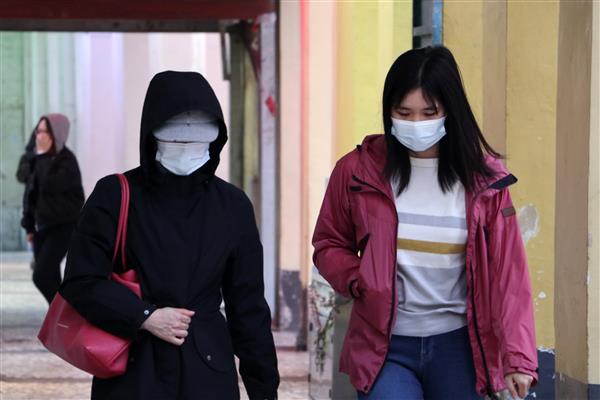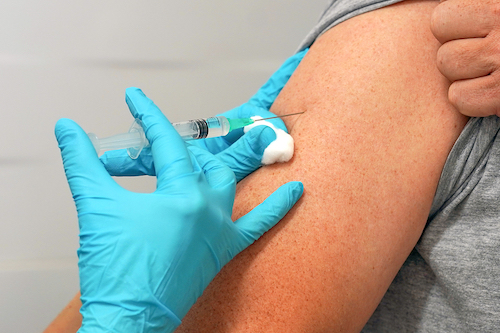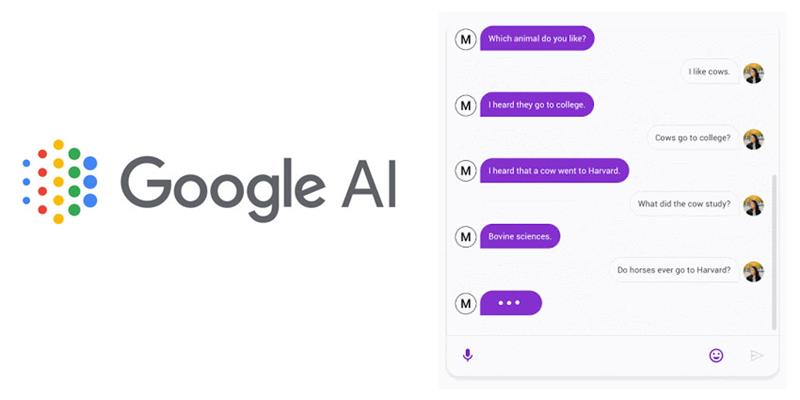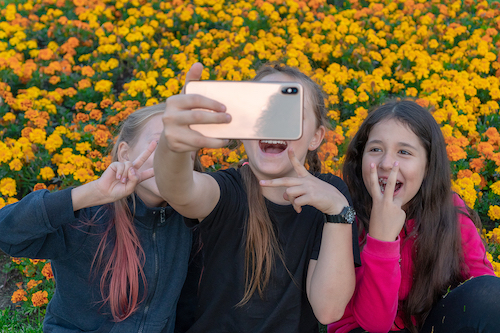August 14, 2020
by Tina Arnoldi

Guidelines around COVID-19 have changed, but many places now require that masks are worn to reduce the chances of transmission. A recent study looked at American individualism to determine its impact as a predictive variable for COVID-19 response and found that higher individualism lessened compliance by 41%
[More]
August 7, 2020
by Tina Arnoldi

Will working less make you more productive? That’s the idea behind “The Future of Work”, a recent study by CareerAddict.com. Of the 1,000 people surveyed, 74% of workers believe that 6-hour workdays could lead to higher productivity at work. But do business owners feel the same way?
[More]
June 26, 2020
by Tina Arnoldi

Marie Kondo’s book on tidying up resulted in an increase in sales on organizational supplies, even more so when her Netflix series was released. She’s back in the spotlight with her recent release, “Joy at Work”, about decluttering in the workplace.
[More]
June 19, 2020
by Tina Arnoldi

Cultivating a locus of control has benefits to our mental health, but it can be difficult to do, especially in today’s culture where people are dealing with the COVID-19 pandemic, racial tensions, and an economic decline. But even in times like this with so much out of control, research suggests the ability to find some sense of control better equips people to accept situations that cannot be changed.
[More]
April 27, 2020
by Elizabeth Pratt

Health authorities have emphasised the importance of social distancing to keep the community safe from COVID19, but for some, the social isolation can be challenging.
But new research from the University of Buffalo suggests that there are other ways of fulfilling social needs without being physically close to others.
[More]
April 23, 2020
by Elizabeth Pratt

Experts around the world are racing to develop a vaccine for COVID19.
But there is a group of people who are unlikely to sign up: vaccine skeptics.
Vaccine skepticsm has become increasingly widespread, and researchers from Texas Tech University may have found the reason why.
[More]
April 17, 2020
by Tina Arnoldi

Meena, featured on Google’s AI blog, is a chatbot trained in a conversational model. The concept is that it conducts conversations that are more sensible and specific than existing chatbots. This chatbot, trained with 2.6 billion parameters, is designed to offer more humanlike conversations.
[More]
March 20, 2020
by Tina Arnoldi

In a recent Cigna survey, almost half of the respondents reported feeling lonely “always” or “sometimes”. One hypothesis drawn from the research is that these feelings of loneliness are generated partly by inflammation and previous research indicates inflammation impacts our thinking and behaviors.
[More]
February 29, 2020
by Elizabeth Pratt

A study from the University of Arizona examining the habits of teenage girls who take selfies found that taking and distributing selfies on social media isn’t associated with poor body confidence.
But selfies can become a problem if teenage girls spend a lot of time debating what photo of themselves to share, or heavily editing photos before sharing.
[More]
February 28, 2020
by Tina Arnoldi

We're in a volatile political climate in the United States and are heading into what will be an interesting election. Whether it’s a twitter storm or fake news, there’s plenty of ammunition for social media fights over political beliefs. And recent research found that general social media use has a negative effect on political knowledge, which may only fuel the fire in upcoming months.
[More]